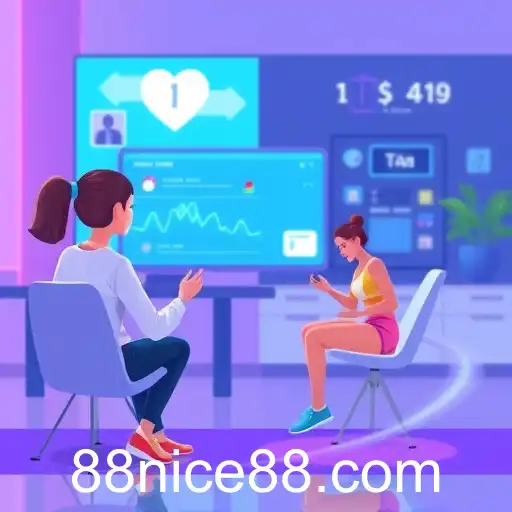
As we advance further into the digital age, the fusion of technology and education is increasingly becoming a cornerstone of modern instructional methodologies. The ongoing integration of advanced technologies such as artificial intelligence, virtual reality, and machine learning into educational practices marks a transformative period for educators and learners alike.
In recent years, educational institutions worldwide have faced unprecedented challenges, not least of which was the swift transition to remote learning during global disruptions. However, this necessity catalyzed the adoption of digital learning platforms, which have since evolved from being mere stopgaps to integral components of the educational ecosystem.
One of the critical areas where technology has made significant inroads is personalized learning. AI-driven platforms provide tailored educational experiences, analyzing individual learning behaviors and adapting content and pacing to suit each student's unique needs. This level of customization ensures that students are not only consuming information but are engaged in ways that enhance comprehension and retention.
Moreover, virtual reality (VR) and augmented reality (AR) are opening new dimensions in immersive learning. These technologies are particularly valuable in fields that require visualization and interaction, such as medicine, engineering, and the sciences. By offering simulated environments where students can practice skills and apply theory in real-time scenarios, VR and AR augment traditional teaching methods, making learning more engaging and effective.
However, while these technologies herald exciting possibilities, they also present challenges that need addressing. Chief among these is the digital divide, which refers to the gap between those who have easy access to digital technology and those who do not. This divide can exacerbate educational inequalities, leaving some students at a disadvantage. Ensuring equitable access to technology is paramount to harnessing its full potential in educational settings.
Additionally, there is an ongoing debate about data privacy and security, as digital learning platforms gather vast amounts of personal data. Education stakeholders must prioritize creating robust policies that protect students' and educators' data while maintaining the benefits of personalized digital learning.
As innovations continue to emerge, the future of education looks promising. The role of educators is evolving from disseminators of information to facilitators of learning, guiding students through a personalized journey of discovery enabled by technology.
In summary, while technology is not a panacea for every educational challenge, it offers tools that, when used effectively, can enhance learning experiences, foster innovation, and equip students with the skills necessary for the future. Stakeholders must therefore continue to invest in research, infrastructure, and training to capitalize on the benefits of educational technology while addressing its challenges. This holistic approach will be essential as we move forward into an era where technology increasingly underpins educational landscapes worldwide.


